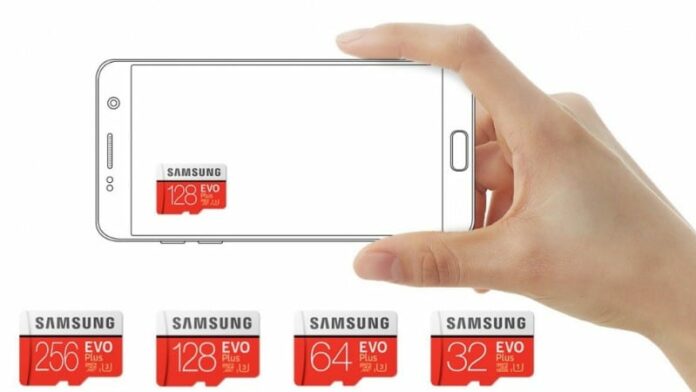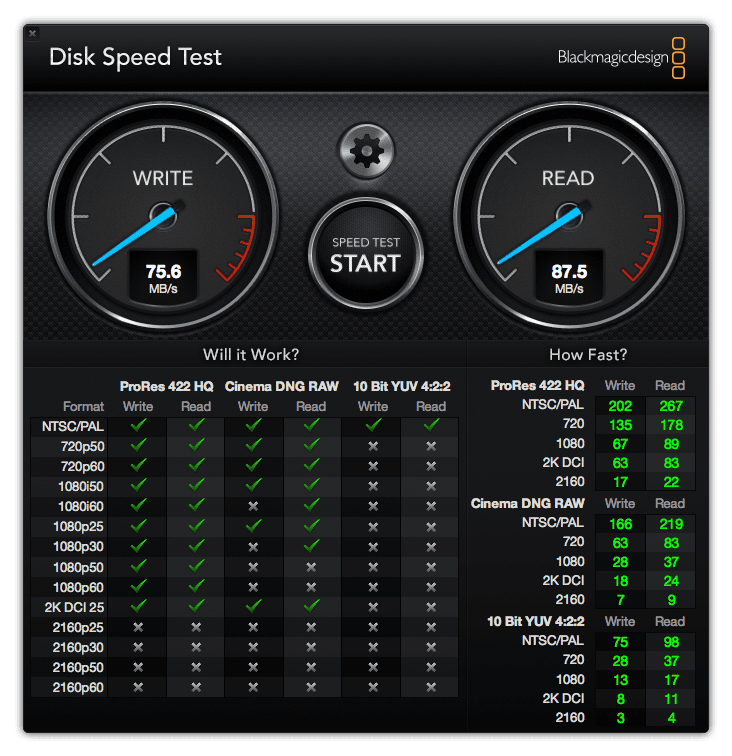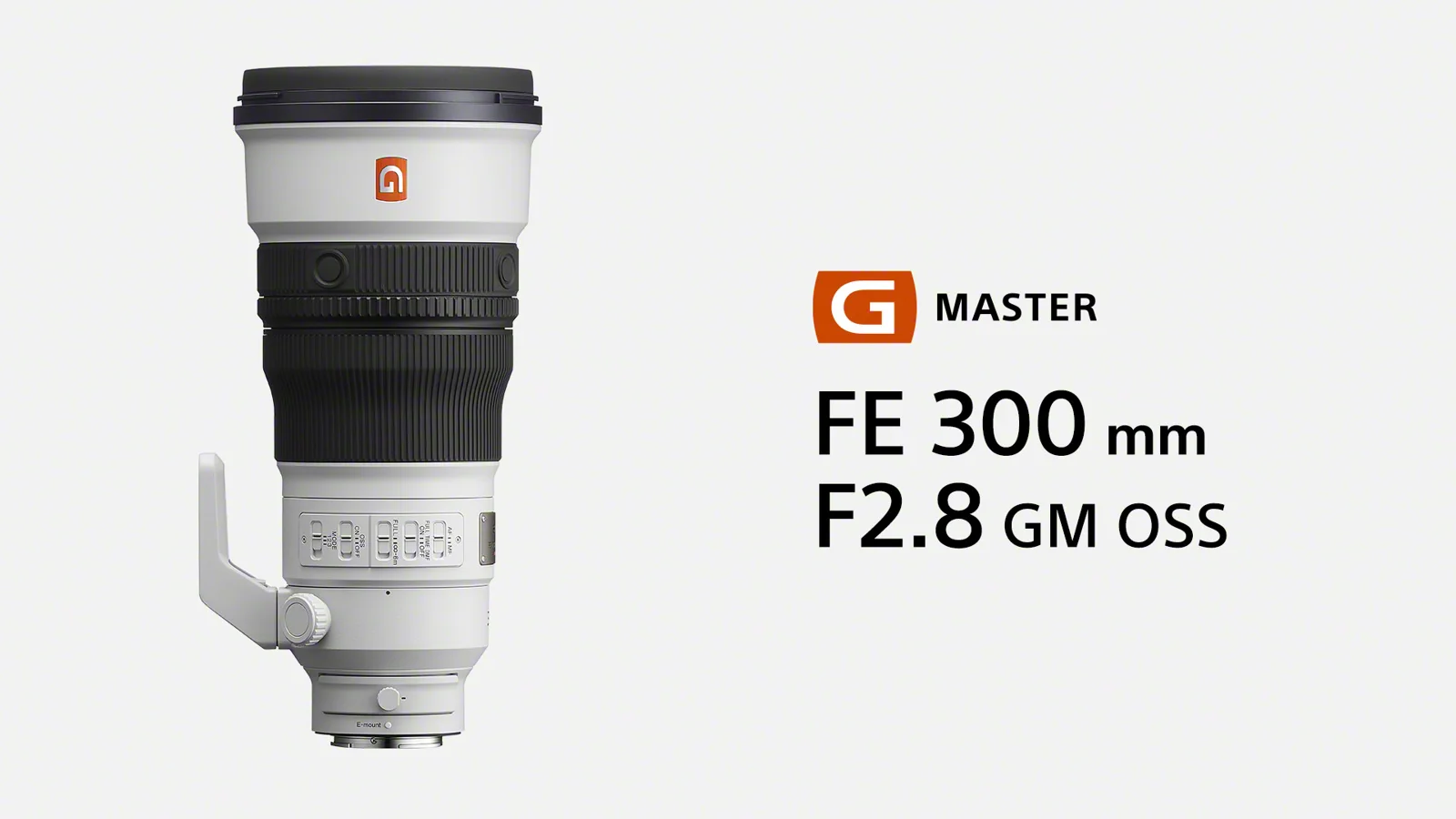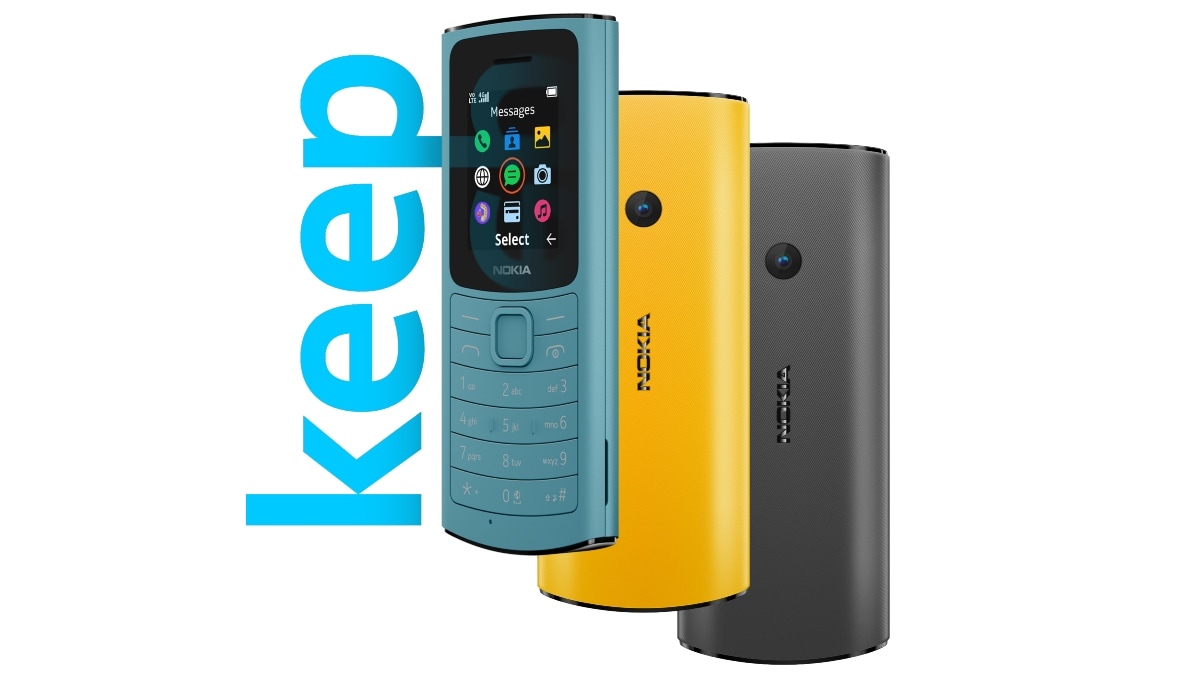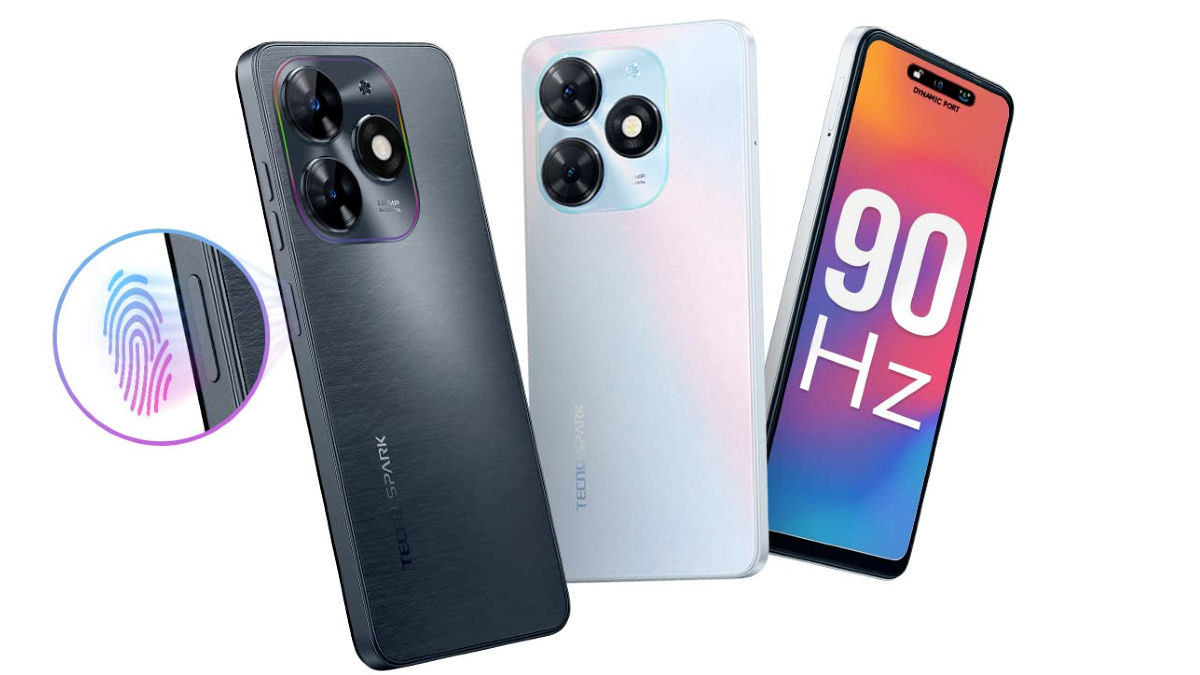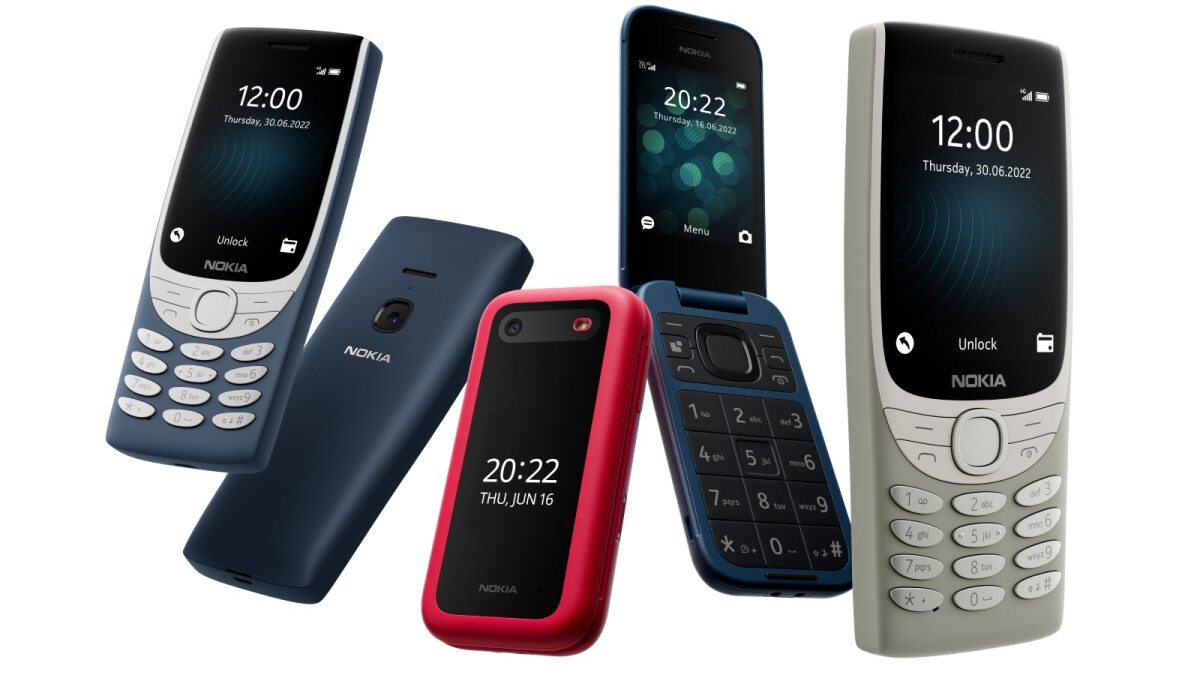We all want to access everything as fast as possible be it the YouTube videos we watch, the photos we access in the gallery or movies we edit on our laptops. Nobody wants lags, delays or buffering wait time! Hence we want smartphones and service providers that offer 4G LTE connectivity, devices that have a massive amount of processing power and cameras that can shoot 4K videos.
Yes, most of us now have smartphones that can capture 4K content, some of us have 4K TV’s to enjoy the UHD content and a few have DLSR’s and Video cameras that capture 4K content. But to capture 4K content and store UHD content we need equally fast drives and memory cards. I recently got the GoPro Hero5 Black and realised that my existing memory cards are incapable of 4K content even at 30FPS.
And that’s when I solved a long-term problem that I faced with my Canon EOS 80D DSLR. Every time I was recording at the 60 frames per second on 108op resolution(that’s the maximum 80D can capture) the recording used to stop. I was bewildered trying to figure out what was causing it. I changed quite a few memory cards from Transcend to Strontium but it was the same problem each time.
Finally, when I put the new Samsung EVO Plus 256GB MicroSD card in the EOS 80D, I realised that it was the archaic memory cards that were playing spoil sport.
So the bottom line is even if you are not using a 4K camera right now, your existing camera will perform better if you put in the Evo Plus MicroSD card or something similarly specced. Talking about the specs –
Samsung EVO Plus microSD Cards Specifications
- Form Factor: MicroSD
- User Capacity: 32GB, 64GB, 128GB, 256GB
- Bus Speed: Mode: UHS-I SDR104
- Dimensions: 15 x 11 x 1 (mm) (L x W x H)
- Weights: Approx. 0.5g
- Performance
- Speed Class: Class 10
- Speed Grade: Grade 3 (U3)
- Sequential Read: Up to 100 MB/s
- Sequential Write: Up to 60 MB/s (Up to 90MB/s for 128GB and 256GB capacities)
- Temperature Operating: -25°C to 85°C
- Non-Operating: -40°C to 85°C Humidity 40°C, 93%, 500hr (storage)
- Durability 10,000 mating cycles
- 4-Proof Features:
- Waterproof (IEC 60529, IPX7)
- Temperature-proof
- X-ray-proof
- Magnetic-proof
- EMC Certifications: FCC, CE, VCCI, NATA
- Warranty: 10-year limited
Design
The design is a typical MicroSD card design as you can’t change it. Right? The front has fresh, modern Orange and White colour scheme with Samsung Evo Plus branding and the Memory Variant mentioned upfront. On the back are the 9 Pin connectors and the manufacturing details along with the serial number.
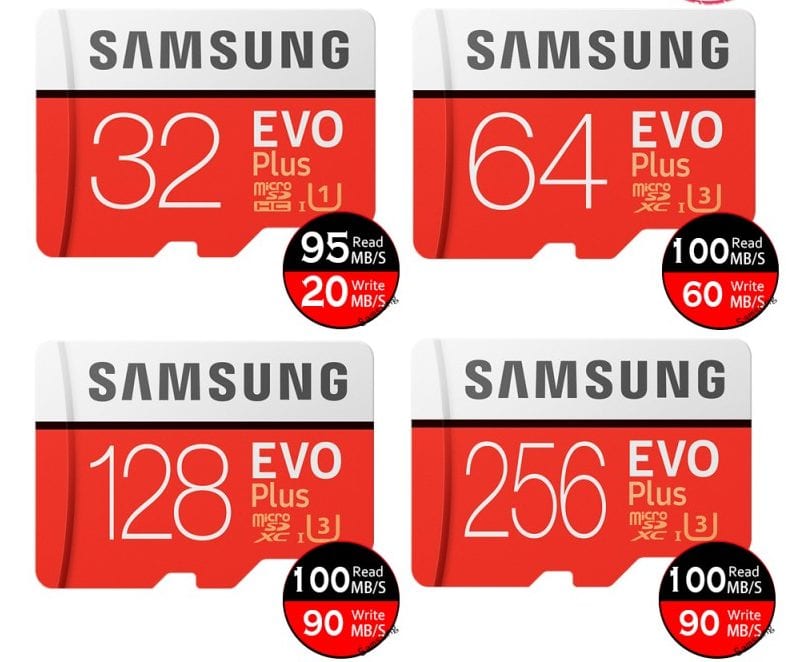
Performance
Thanks to the advanced in-house NAND and Samsung’s expertise these cards offer the industry maximum UHS-I read speeds of 100MB/s, an improvement over the last gen’s 95MB/s.
Understanding the difference between Speed Class and UHS Speed Class.
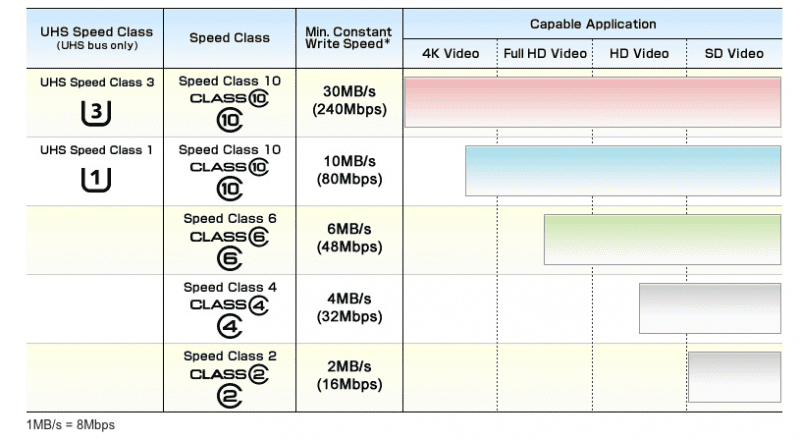
As mentioned the performance is top-notch on these new MicroSD cards by Samsung. Here is the result for the Benchmark test –
The Unbiased Verdict
The newest generation of successful EVO Plus microSD card line made Samsung dominate the market for the past 5 years. With the latest generation getting several performance improvements like a new Grade 3 (U3) speed class, and more capacity the market dominance will continue for the Korean tech giant.
The new EVO Plus is available in capacities starting from 32GB to 256GB. As a professional photographer and YouTuber, I feel this new series of Memory Card are designed for professionals who need a performance-driven storage on their high-end smartphone or who are into high-resolution photography, videos and other content creation. The fact that EVO microSD cards are best out there, I’m surprised that they are priced so competitively. These MicroSD cards are the best value for money purchases as they offer the best Rupees/GB ratio.
